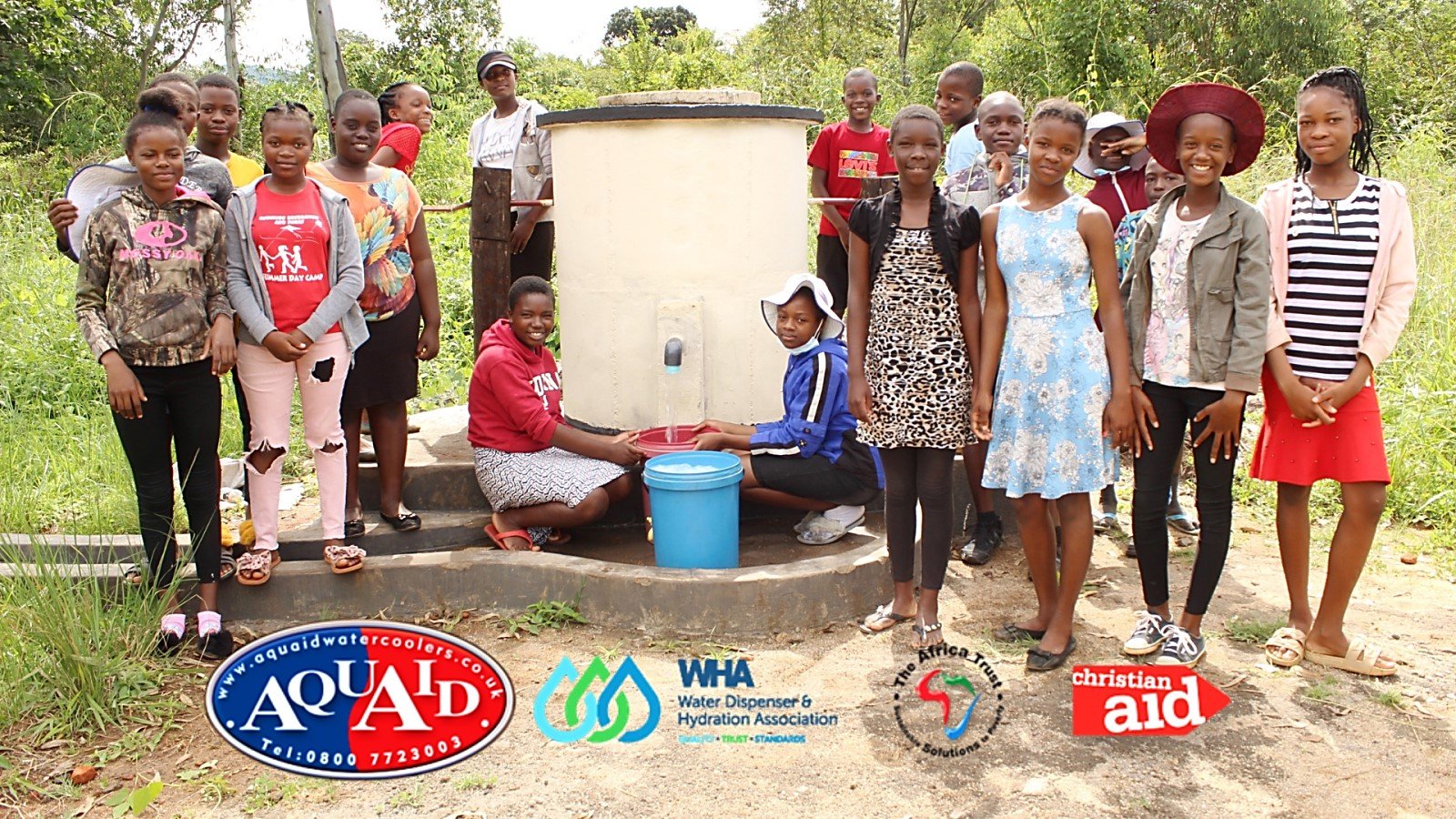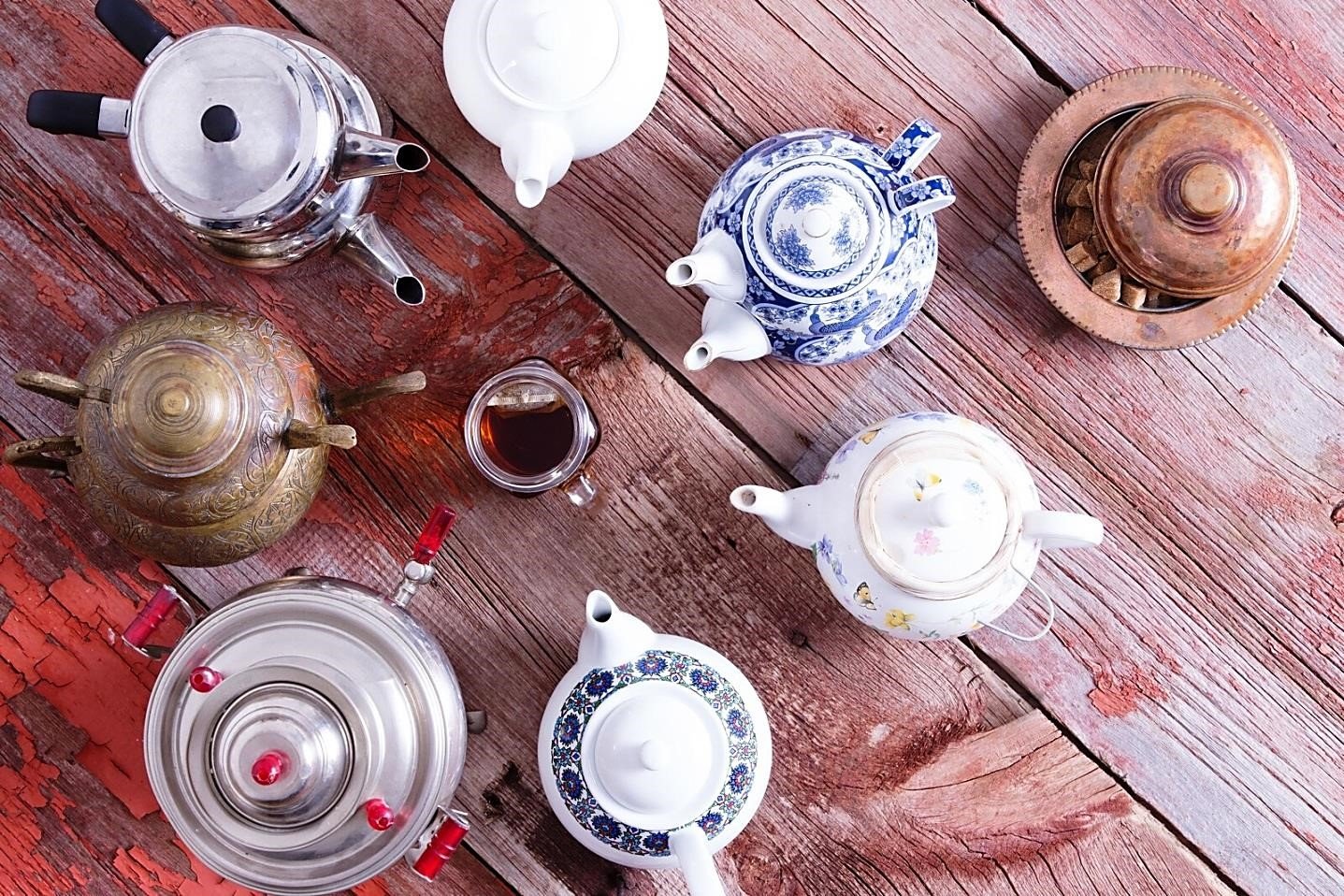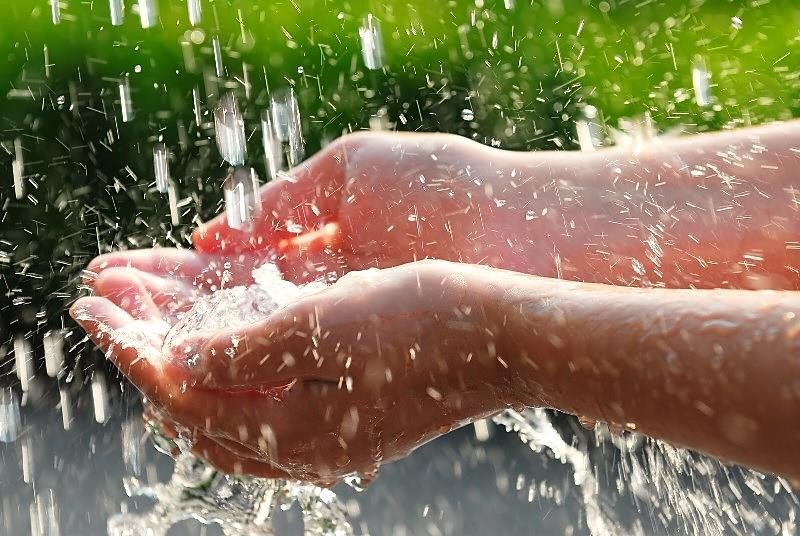
by Fern Shaw | Aug 23, 2022 | water cooler, water dispenser
This is not, as one might deduce from the heading, a blog about drinking refreshing water from your water cooler, but rather about steps that you can take when you’re convinced that you’re about to have a meltdown rivalling that of Chernobyl.
- Close your eyes (preferably, not when you’re driving your lorry). Gently let the world disappear, and go within to regain your equilibrium. This makes sense as when one thinks of how much information one is exposed to every waking minute of the day – mobiles; TVs; iPads, iPhones; Social Media – it can be a blessed relief to switch off that constant input for a little while – and not just while one is sleeping. Consciously closing one’s eyes and drifting off can calm ones frayed nerves immensely.
- Go outside. This can be easier said than done, as we don’t all have the luxury of a village green, common or park near us, but you can try to find a safe(ish) open area with a bit of grass or a bench where you’re not jammed in cheek to jowl with other equally stressed human beings.
- Breathe deeply. Breathing is the foundation of sanity. It is the way we provide our brain and every other vital organ in our body with the oxygen needed for us to survive. Breathing also eliminates toxins from our systems. One of the simplest ways to calm the nerves is to stay still (sitting or standing) and breath in through the nose, mouth closed, deep into the stomach, and exhale, again, through the nose, mouth closed. Repeat 3x.
- Find some water. Whether it’s a local pond or a gentle babbling brook, being close to running water is very calming. On inclement days where you can’t really venture outside, take a shower and imagine (albeit briefly) that you’re on some tropical island underneath a waterfall.
- Drink water. When you’re overwrought, keep drinking it – a big glass of it once an hour. Walk beside some water, look at and listen to it. Get into some if you can, for a bath or a swim. Hot baths and hot springs are popular for good reasons.
Of course, AquAid being one of the UK’s top water cooler suppliers, to offices, workplaces and private residences, we don’t recommend using your water dispenser to mimic the wonderfully soothing sound of gently running water, but then … you knew that.

by Fern Shaw | Aug 2, 2022 | water cooler, water cooler, water dispenser
With our lives now predominately online (often whether we like it or not) and our virtual conduct changing from day to day, it can be tricky negotiating one’s conduct in the physical realm. Added to this is with so many of us having worked remotely for such a long period, returning to work in the office or school can be a little challenging.
Change is good. Of course it is. There’s no progress or movement without change. Certain things though, don’t change. That’s also good. All said it’s good to know that in the physical realm thankfully some things never change.
How you approach the office water cooler station happens to be one of those things that hasn’t changed. Perhaps the banter has (massively, for obvious reasons) and very likely you’re using an AquAid touch-free water dispenser, but overall, as you head out to hydrate, water cooler station etiquette remains as it was.
Should you be feeling a little out of touch (no, not the same as a no-touch water cooler) here are a few helpful pointers:
- Don’t block access while you’re catching up with colleagues.
- Don’t use your water cooler to wash your containers/mug, water glass, or bottle!
- Keep your interaction light and impersonal. It may be important to you, but most likely hearing about your Aunt Violet’s verruca removal isn’t really what a workmate had in mind.
- Do confab about work. There are countless studies that prove exchanging ideas and comparing notes away from your office, workspace or desk often results in a good outcome.
- Keep the area tidy, help replace the bottled water if you can and if you note the bottle water supply is uncommonly low, make sure to alert your bottled water supplier. It may help to know that at AquAid, we have 23 local depots, meaning replacing your bottled water is quick and efficient.

by Fern Shaw | Jun 21, 2022 | water cooler, Water Coolers, water dispenser
As the temperatures soar throughout the UK, so does the demand for chilled, refreshing drinking water.
At AquAid, where we have been in the business of providing a wide range of AquAid water coolers and water, both spring and bottled at source, for over 23 years, we understand this more than most. That’s why it’s important to us to be able to ensure that we are able to offer the very best in mainsfed and bottlefed water dispensers and bottled water.
We’re not only about the provision of high-quality water dispensers – we also firmly believe that providing water to those who may not necessarily have access to water as we do – is absolutely vital.
When it’s hot, keeping hydrated with AquAid is as simple as touching a button, but for millions of people globally, not having access, to not only drinking water but also any water, at all, is a daily reality.
Remember, this is just water for you, your children, family and community to drink. This is not the water needed to wash your clothes or utensils or water with which to irrigate your food crops. This is water to drink for your very survival.
Sadly, this is the day-to-day existence for many communities across Africa. During droughts and in the dry months access to water becomes increasingly difficult.
Which is just one reason, since our rather humble beginnings in 1998, we chose to work with sustainable charities like The Africa Trust and Christian Aid. Using donations from AquAid, both charities work tirelessly implementing sustainable water projects for communities in need.
As an AquAid customer isn’t it nice to know that while you’re sipping cool water from our water dispensers, there’s another water well or water project being installed in Africa, bringing clean drinking water to another community in need? We think so and we are sure you will agree.

by Fern Shaw | Apr 11, 2022 | water cooler, water dispenser
We apologise for the shock tactics used to get your attention however, the news is just that: shocking!
According to a fascinating article written by Roberto A. Ferdman for Quartz magazine, it transpires that Britons are not the biggest tea drinkers in the world. That title goes to the Turks.
We’re not referring to the most tea consumed per country overall – that’s China. We’re talking about the most tea consumed per person.
The list looks like this:
1st – Turkey
2nd Ireland
3rd – United Kingdom
As we all know, in order to make tea, you need water. We wonder then, if Turkey drink the most tea, are they then the world’s biggest water drinkers? A conundrum we will not pretend we are able to solve.
What we do know though (in fact, we have a good 22 years’ experience in the field of drinking water) is that if you want to drink cups and mugs of tea (or coffee) or any hot drink throughout the day, then you should speak to us at AquAid. From our cost-saving hot water boilers to our wide range of cool and hot & cold water dispensers, we will make sure you find the perfect fit water dispenser to match your requirements.
We welcome your enquiries via e-mail or ☏ us on 0800 772 3003 and look forward to being able to assist you.

by Fern Shaw | Jan 27, 2022 | bottle fed water coolers, mains fed water cooler, touch free water coolers, water boiler, water cooler, Water Coolers, water dispenser
With 24 January being International Day of Education, we thought it important to highlight an often overlooked yet crucial solution which aids children’s education.
Dehydration in children can be difficult to spot
Most children show no obvious visible signs of dehydration, as symptoms such as lethargy, irritability and lack of concentration may be considered normal during class, more often in the afternoon however, we now know that these signs may be due, at least in part, to the effects of dehydration.
The brain cannot store water
No matter the age of the schoolgoer, learning requires the brain’s engagement. Because the brain has no way to store water, drinking water continually throughout the day is vital. When the body loses more water than is being replaced, dehydration occurs and brain function can be affected.
However, when the brain is operating with plenty of water, children are able to have greater clarity, creativity, focus and quicker thought processes.
Well-maintained hydration can boost learning
When we are thirsty, mental performance including memory, attention and concentration can decrease by up to 15 percent. Children are better able to concentrate as they are not as distracted by dehydration effects such as thirst, tiredness and irritability.
The role of nurseries, schools and learning centres
Children will achieve more when both their health and learning needs are met. Ensuring free access to water and promoting a regular water intake throughout the school day is a vital role for schools in promoting health and providing a healthy learning environment.
For more than two decades, AquAid has been involved in campaigns spearheading the importance of drinking water. We understand a hydrated child is a much happier child. Consequently, we have always encouraged our school customers to provide readily available drinking water for both the children and the entire school contingent.
Drawing from our wide range of high quality water dispensers, we offer a selection of Mains-Fed water coolers for large schools where the water consumption is high as well as Bottle-Fed water coolers for either smaller educational facilities or where there are no water mains available at a drinking water area.
We provide Touch-Free water coolers. Our water coolers are equipped with anti-bacterial taps for increased hygienic water dispensing and various drainage options to reduce overflow and spillage wherever possible.
Moreover, to help create and instil better hydration habits, we also offer free refillable drinking water bottles and free school posters to help keep water top of mind during the school day.

by Fern Shaw | Jan 20, 2022 | water cooler, water dispenser
There is ample information available about refreshment, refreshing, how to refresh. We decided to take a closer look at what exactly refresh means – when pertaining to hydration that is.
Drinking water regularly doesn’t often top the refreshment list – it’s often seen as a chore more than something one does for enjoyment. Which is a pity as making regular visits to your water cooler – whether it be a mainsfed or bottled water dispenser to replenish your water glass or bottle – is just about the simplest and kindest manner in which to refresh yourself.
There are scores of literature and countless research and case studies available that illustrate the refreshment arising from ensuring you have a constant supply of drinking water available throughout your working hours.
A few refreshing facts – drinking water regularly:
- Increases your brain’s ability to better concentrate and focus – aiding all round cognitive function.
- Is one of the best ways to *boost your metabolism; one study* found that people who drank as little as 500ml water had their metabolic rates increase by 30 percent.
- Improves mood and well-being, which in itself creates feeling refreshed.
- Reduces fine lines and wrinkles, plumps up the skin leaving you feeling invigorated and refreshed.
No matter your physical makeup, level of activity, the type of work you do, drinking water is truly the simplest route to feeling refreshed every day. Cheers!
*sources: eatthis.com and Journal of Clinical Endocrinology and Metabolism






